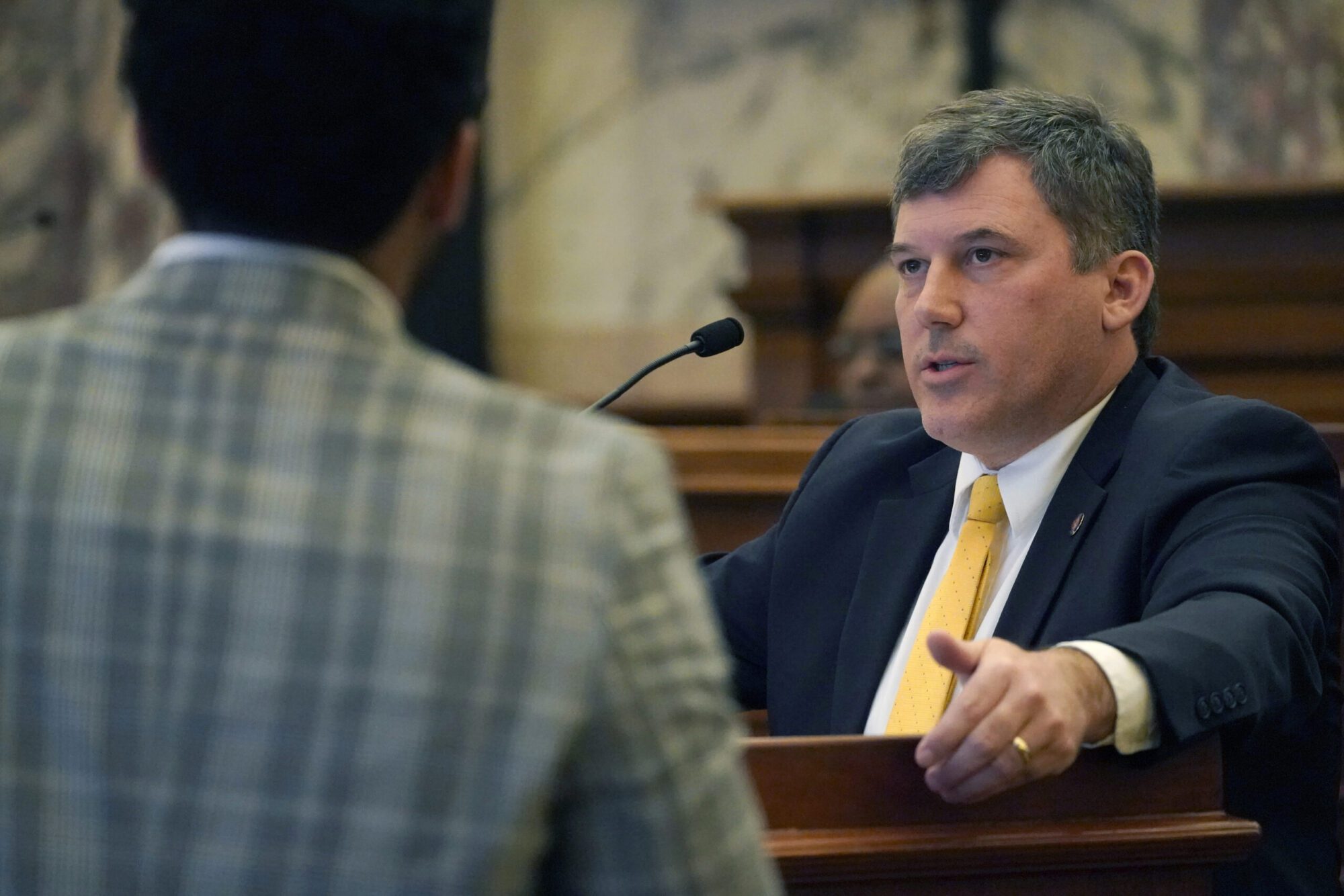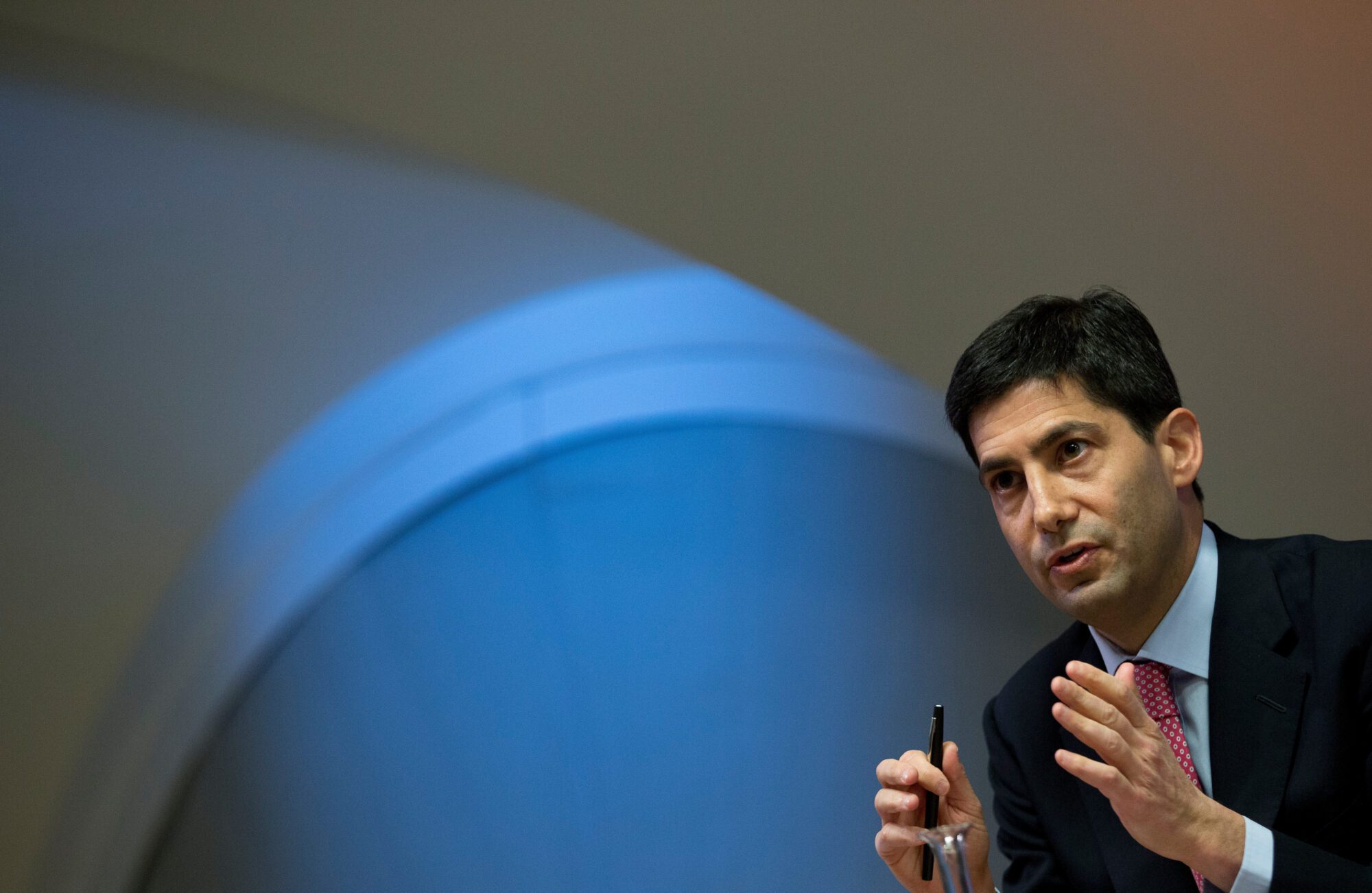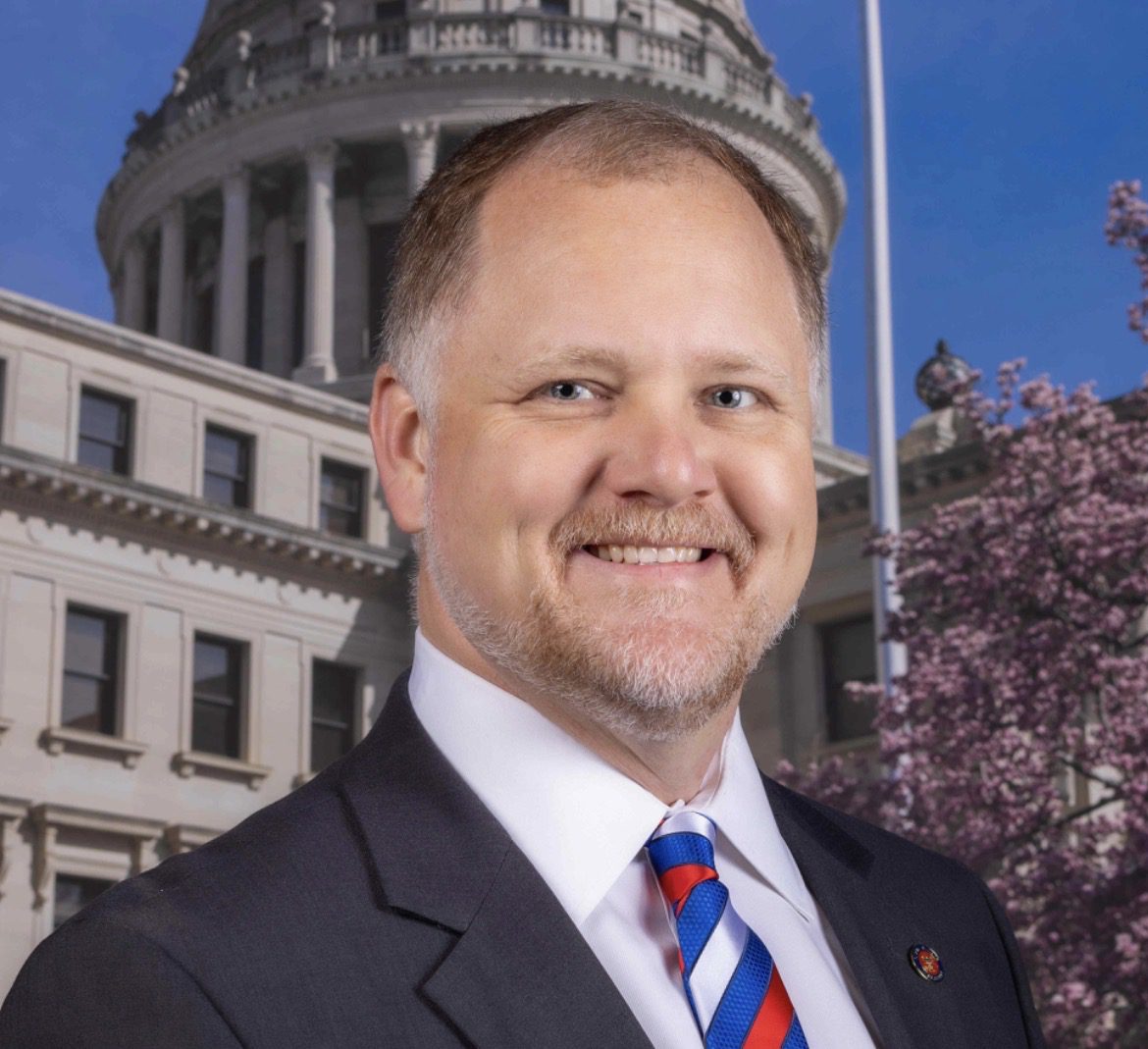
State Sen. Daniel Sparks speaks in the Chamber at the Mississippi Capitol in Jackson, Thursday, March 2, 2023. (AP Photo/Rogelio V. Solis)
The bill headed to the Governor will add restrictions to the opening of any new physical locations of EV manufacturers within the state, forcing them to follow franchise laws.
House Bill 401, often referred to as the “Tesla Bill” or “Electric Vehicle Bill,” passed out of the state Senate on Thursday. It outlines that if a manufacturer intends to sell a new car in Mississippi within a brick-and-mortar location that they follow franchise laws.
Currently, there is one location in the state where Tesla sells vehicles. The location in Pearl is classified as a store and not a dealership, allowing for them to operate under different business regulations. Those who support the bill say this allows the EV manufacturer to partake in special privileges that other manufacturers don’t receive. Their concerns center on that possibility for more EV makers to attempt to take advantage of the provision.
The current Tesla store will be grandfathered into the law that is headed to Governor Tate Reeves’ desk. The bill would not prevent individuals from purchasing an electric vehicle online.
Those against the bill claim that it limits the free market, a key conservative ideal, and provides too much government overreach. Opponents believe that the bill will prevent any EV manufacturers from locating within the state due to the current laws that are followed by traditional automobile dealers.
However, Senator Daniel Sparks (R) who presented and defended the bill, said the legislation would apply to all automobile manufacturers, legacy dealers as well as any new EV owners.
“It’s holding everyone to the same set of rules. It does not give a right that does not belong to a legacy manufacturer to some other type of product vehicle, so it’s one set of rules for everybody,” said Sparks.
He said a recent opinion by the Attorney General on franchise laws “muddied the water” and called for clarification.
Senator Sparks noted that the original model of sales for EV companies was direct online, which will not be restricted, but the manufacturers are now moving toward physical facilities that so far are not in line with the state’s franchise laws.
Senator Brice Wiggins (R) argued that the bill could create issues in competition within the marketplace and make the state less attractive to electric car companies locating in Mississippi.
“If we vote for this bill and are conservatives, we are asking for more regulations to be put on a new business and new business companies in this state,” said Wiggins.
Wiggins’ fellow Jackson Countian, Senator Jeremy England (R) offered three separate amendments on the bill, all of which failed. In his attempt to alter the bill he admitted that he thought it was a “terrible piece of policy” and the worst piece of legislation he’s seen since being elected.

“What a terrible piece of legislation we’ve got before us,” said England. “I know how this is going to go but I wanted to come up here one last time before we send this to the governor’s desk, which is what we are going to do if we pass this bill, and just say that could almost look at this as a tax on our people.”
Franchises put a 5 percent additional tax on top of what they sell. Senator England ultimately disagreed with the need for a middle man in the sale of vehicles, a business model EV companies do not use.
HB 401 passed the House early in session by a vote of 105 to 9 and the Senate on Thursday by a vote of 38 to 14.
After passage Senator Wiggins took to Twitter to call on the Governor to veto the bill once it gets to his desk. He called the bill “protectionism,” which he argued is not good policy and stifles competition which is bad for the consumer.
Magnolia Tribune reached out for comment from the Governor’s office, asking if he was considering a veto of the legislation. As of the publication of this article, no comment has been received.











